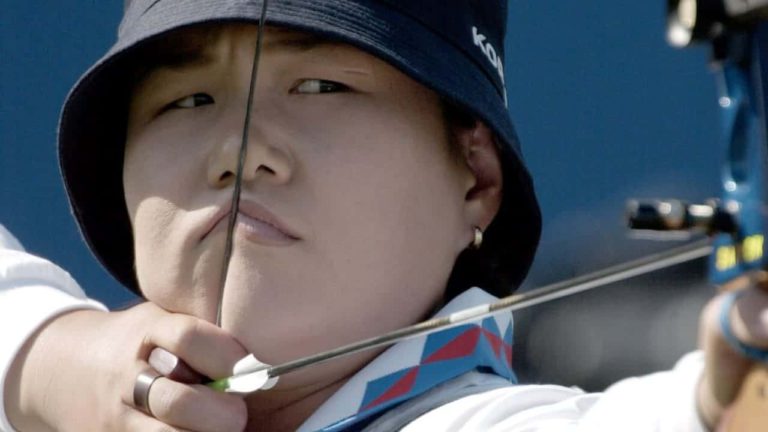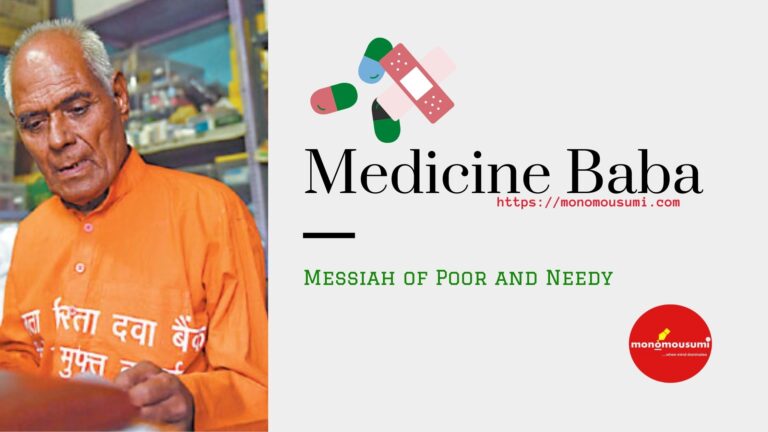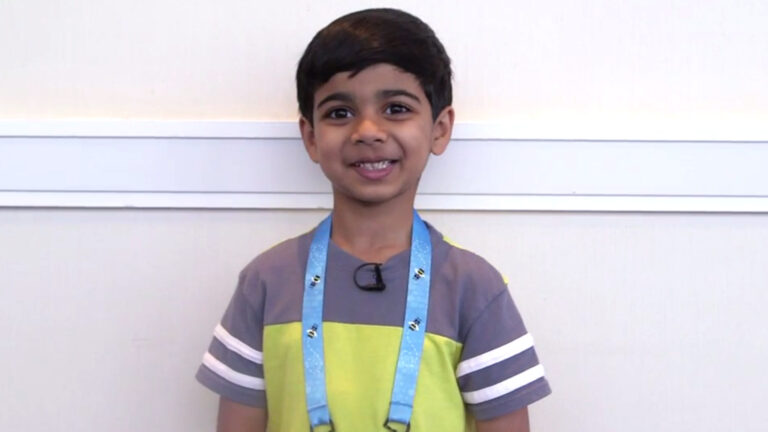
Born on January 11th, 1954 in Vidisha, not many would have imagined that one day he would be the loudest voice of them all for silently suffering children around the globe.
He could have had a good peaceful working life as an electrical engineer, not receiving any death threats, oblivious to the plight of millions of children; but rather decided to protect every child in the world as his own from the social evils of exploitation , forced labour, trafficking, sexual abuse, child marriage and illiteracy.
He was the one who has said “They are all our children”.
Kailash Satyarthi started early on a global fight against the exploitation of children through baby steps. He started publishing a magazine named ‘Sangharsh Jaari Rahega’ addressing social issues then. After a significant rescue of a girl and some bonded labourers in Punjab, he started Bachpan Bachao Andolan (Save The Childhood Movement) in 1980 to liberate children and their families from the chains of slavery under the legal policy framework of India. As yet over 90,000 children have been rescued by this movement. There had been various situations where Bachpan Bachao Andolan has secured landmark judgments from various High Courts and Supreme Court of India.
He also contributed to the passage of the Child Labour Act, 1986 in India.
He established ‘Mukti Ashram’, a temporary transit rehabilitation centre in Delhi in 1991, for providing proper rehabilitation for the rescued children. Later, in 1998, he set up a long term rehabilitation centre near Jaipur named ‘Bal Ashram’.
He is credited for the establishment of the first ever civil society-business coalition called Good Weave (formerly known as Rugmark) in 1994 for child labour free carpets in South Asia.
He promulgated CSR initiatives in garment, mica mining, cocoa farming, and sporting goods sector.
In 1998, he led one of the largest civil society movements ‘Global March against Child Labour’travelling across 130 countries covering 80,000km with a persistent demand for International Law on Worst Forms of Child Labour which led to the adoption of ILO Convention No.182 in the year 1999.
He founded Kailash Satyarthi Children’s Foundation in 2004 to realise his dream of a child-friendly world.
He led Global Campaign for Education (GCE) to end global educational crisis. He struggled to make education a Constitutional Provision and was successful in his struggle when the Right of Children to Free and Compulsory Education Act was enacted in 2009.
Until 2012 his works and campaigns were confined to children. But in December 2012, the brutal gang rape and murder of a 23 year-old in Delhi steered his attention to rape and gender based violence. His demands led to legislating of Criminal Law (Amendment) Act, 2013 in India.
He was awarded with the Nobel Prize, the most prestigious award in the world, for his struggle against the suppression of children and young people and for the right of all children to education in the year 2014. In his Nobel lecture, he said that he was representing there-the sound of silence and the cry of innocence. He represented millions of those children who were left behind in this world. He shared the voices and dreams of those children. Millions of innocent faces are waiting for us to unbind them from the shackles of forced labour, to set them free to dream and achieve something in their lives. We all have an obligation to create a world for our children where they are free, safe, healthy and educated.
Kailash Satyarthi has addressed the United Nations’ General Assembly, International Labour Conference, UN Human Rights Commission, General Assembly of Inter Parliamentary Union, UNESCO and a number of Parliamentary Hearings and Committees in various countries. He founded the Parliamentarians Without Borders for Children’s Rights (PWB), an active group of about 100 members of Parliament from over 30 countries across the globe that unites them to end violence against children.
His purposeful efforts to end child labour and violence were fruitful when child protection and welfare-related clauses got included in the Sustainable Development Goals (SDGs) of the United Nations in 2015.
He has built Laureates and Leaders Summit for Children, the strongest platform that brought together many Nobel Laureates and Leaders to build a sense of emergency, collective responsibility and a strong moral voice for the cause of children.
Today, over 1.2 billion young people account for the 16 per cent of the global population. Youth can have a strong positive impact on the society; ergo he launched the 100 Million for 100 Million Campaign in 2016 with the rationale of 100 million young people shaping a better future for 100 million children who have been denied their rights.
He played a key role in synchronizing the Indian Child Labour Act with the Right to Education Act. The New Child Labour Law was passed in 2016 as a result of his unending efforts.
Satyarthi led the Bharat Yatra– a 12,000 km demonstration against child sexual abuse for 35 days across the country, along with the child abuse survivors, civil society organizations, politicians, bureaucrats and celebrities to push this issue into the limelight and to awaken the slumbering conscience of the society. Not long ago he has demanded for a new legally binding UN convention against online child sexual abuse and pornography which was supported by many notable figures.
To reach his goal of creating a child-friendly world, he created ‘child-friendly villages’ or Bal Mitra Grams (BMGs) which is a programme ensuring education and empowerment of children in the rural areas. In India, currently 540 villages are made child-friendly and over 72,000 children are protected on a daily basis. In 2018, with the same concept of BMGs, a ‘child-friendly community’ or Bal Mitra Mandal (BMM) was launched to cater the needs of children living in urban slums. Currently there are 4 BMM communities with over 15,714 children as its members.
Even today, after all of his efforts and successes, Kailash Satyarthi continues to work towards creating a better world by completely eliminating child labour, child abuse, malnutrition, poor sanitation and health facilities, illiteracy at the grassroots’ level. And above all, he continues to inspire millions of young people like me who believe that the age is theirs and they have to nurture this idea and make world a better place to live for all.
Reference Sources : Will for Children (by Kailash Satyarthi), Because Words Matter (by Kailash Satyarthi), satyarthi.org.in, www.globalmarch.org
By Navya Sai Sadu, Ratlam


